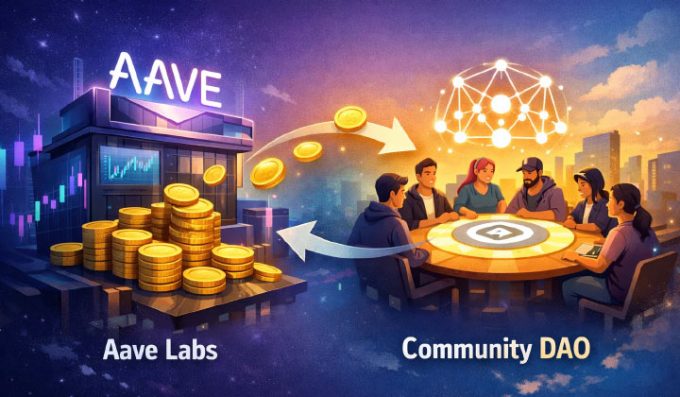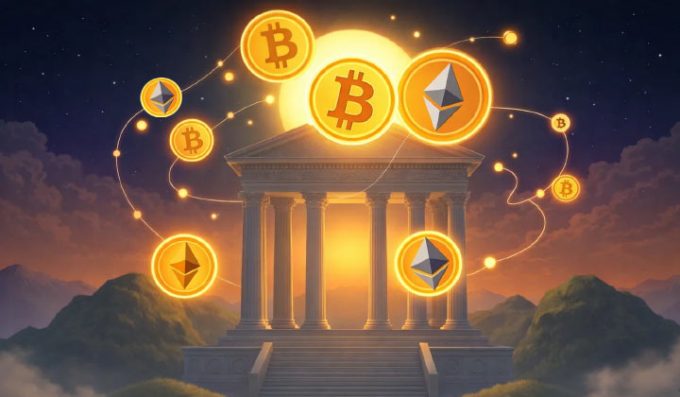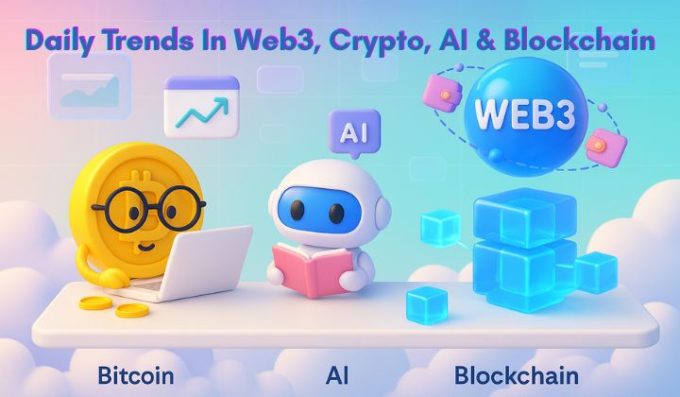Metaverse Gaming Leverages Modern Technology
By Vishakha Thakur
There are numerous thrilling career opportunities in the world of Metaverse gaming. Those with a knack for technology can create their own games, virtual worlds, and even delve into the exciting realm of esports. As the metaverse continues to expand, it becomes increasingly crucial to have a team of skilled professionals in this industry. Get ready for an exciting journey into the world of metaverse gaming.
Metaverse can transform the gaming business. It provides 360-degree views and an immersive gaming experience, allowing you to create your own virtual places and enjoy activities such as concerts, sports, and social interactions within them. As the metaverse expands, its impact is expected to have a rippling effect on the entire gaming business, with a rising number of players seeking that immersive atmosphere.
What is metaverse gaming?
Metaverse gaming brings a group of people together to participate in online games. You could play solitary games against AI or other players. Users can even connect with pals to play games, socialise, or go on other excursions. Developers on several gaming metaverse platforms have implemented functionality that allows their games to use the metaverse architecture.
Metaverse also has game capabilities, allowing users to participate in a competitive environment. The sector has grown significantly as more people and game companies enter the metaverse.
Playing metaverse games will engage you in an alternate universe. On the 3-D network, you are assigned an avatar that replaces the standard profile, which you use to connect with others. Not only can you play metaverse games, but you can also meet new people and form friendships that transcend beyond the screen.
What are the key Characteristics of Metaverse Gaming?
- Social gaming
- Play to Earn
- Flexible gaming experience
- Portable game assets
- Mixed reality experience
How does metaverse gaming differ from traditional gaming?
Metaverse gaming can be classified into the following primary types:
Traditional centralised metaverse:
Rather than incorporating blockchain into the structure, this sort of metaverse functions within a centralised framework. Organisations run and maintain these virtual worlds by preserving user information and behaviour. Examples include Roblox, Minecraft, and Fortnite.
Centralised blockchain metaverses:
These are virtual worlds in which users can exchange non-fungible tokens and other digital assets to form individual economies within the community. Earth2 and the virtual world that Meta is attempting to create are good instances of this type of metaverse.
Decentralised blockchain metaverse:
These systems seek to foster a community dynamic with an equal power distribution. While centralised blockchain metaverses seek to distribute money from the top down, these metaverses work on a “play-to-earn” model. This grants users economic and political power. Examples are Axie Infinity and Decentraland.
What technologies empower metaverse gaming?
The gaming Metaverse has been exploiting new technologies and has encouraged gaming businesses to turn their focus to Metaverse games. They attempt to provide an excellent and world-class gaming experience. Game app development companies use next-generation technology such as blockchain, artificial intelligence, and IoT.
Let’s look at the top upcoming technologies required to create a gaming metaverse:
Blockchain Technology
Blockchain technology enables firms to create decentralised Metaverse ventures. It provides huge benefits for businesses, including digital evidence of ownership, value transfer, digital collectability, and interoperability. Metaverse-based cryptocurrencies allow users to move value within the 3D metaverse.
AR/VR Technology
AR and VR technology provide unavoidable and fascinating 3D experiences that facilitate Metaverse creation. AR has the potential to modify the real environment by incorporating visual components and characters to create an incredible virtual game experience. It supports smartphones and digital devices, allowing users to have an exceptional gaming experience.
Internet of Things
Metaverse, by harnessing the potential of IoT devices, can gather, access, and utilise huge amounts of real-world data. IoT applications connect the Metaverse’s virtual world to real-world digital devices, allowing items to effortlessly switch between settings.
In an interview with Adgully, Animesh Agarwal, founder, and CEO of 8Bit Creatives, talking about the gaming industry and trend, remarked:
“As we enter 2024, strategic collaborations within the gaming industry are poised to play a pivotal role in fostering the growth of the overall sector.”
The Metaverse gaming sector offers several fascinating job prospects. Tech-savvy workers can pursue a variety of career routes, including game development and design, virtual world building, and esports. As the metaverse grows, the demand for experienced experts in this industry will only rise. Those who are passionate and dedicated to succeeding in the metaverse game sector will have a promising future.
You need to login in order to Like













